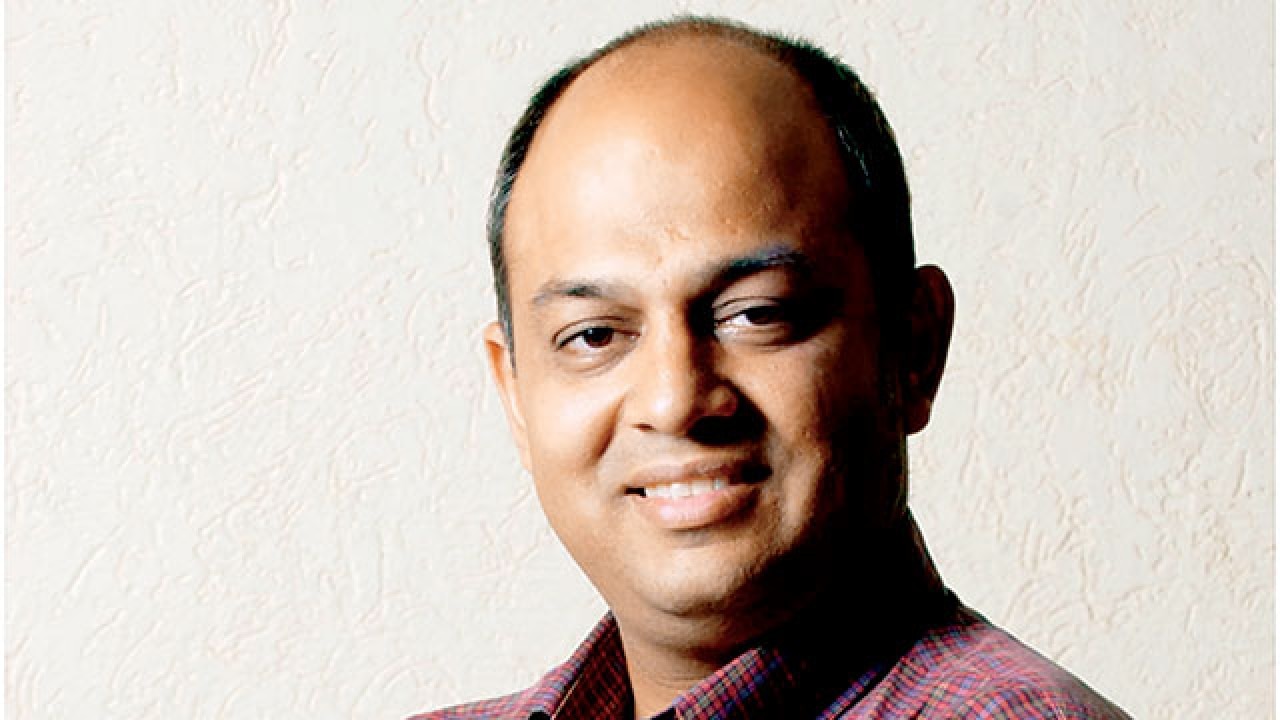
After 16 years of a good corporate life, you start wondering what's next. That's when I started thinking about possible choices and ended up discussing it with my partner – we studied together in boarding school – Ajay Sharma who is a leading ophthalmologist. He was thinking of expanding his practice and we decided on opening super speciality eye care hospitals together. During the conceptualisation stage, I also realised that people living in small towns were dependent on cities for most of the things be it a decent job, healthcare facilities, etc. We then decided on pursuing a venture that was socially disruptive as well as profit-making because a venture is not respected unless it's making profits. The business model was to create world-class eye care at an affordable price in smaller cities as well as generate employment opportunities there.
Back in 2007 people thought it was a crazy idea because we were based out of Gurgaon and they felt opening a hospital in Delhi would have made more sense. In fact, our family members got very sceptical about the idea. But we went ahead and chose to open the first hospital in a small town outside of Delhi called Rewari.
Yes, in the initial years it certainly was. We were a small firm who no one knew about and doctors just wouldn't trust. However, over a period of time the challenges were ironed out and now we are a very established brand. Now we have 65 doctors on board. In fact, healthcare professionals are very keen on joining us to provide their services. In fact, a lot of doctors today belong to smaller cities or towns and they don't want to live in bigger cities. So when you create opportunities for them in their hometowns or villages, they are more than happy to partner. The key is to give them a good overall work environment so that they feel excited about their practice. One big advantage of living in smaller cities or towns is that you get a lot of social recognition which is not there in big cities.
A majority of them are local doctors. In fact, now that we are entering Maharashtra setting up hospitals in Aurangabad, Nashik and Jalgaon, we came across a senior resident doctor at All India Indian Institute of Medical Sciences (AIIMS) who was from Aurangabad and he wanted to go back and start his practice in Aurangabad. We have doctors / eye surgeons with over 5-6 years of experience. The doctors associate with us as full-time consultants on a fixed salary basis. Our compensation structure is very good so they don't really have to chase numbers. Besides, the culture we offer rewards doctors financially, academically, socially as well as emotionally.
The other advantage with us is that doctors don't have to make huge investments in setting up an eye-care hospital. On an average, doctors typically stay with us for a 3-4 year period. The attrition rate in the initial years was 40%, but over the last two years, we have brought it down to 15%.
With technological advancement in eye care, there is no need for large space to set up a hospital now. Our hospitals offer every possible treatment for eye care and the investment is around Rs 1 crore each. The hospitals spread across 2000-2,500 square feet are state-of-the-art with latest equipment and techniques. The spaces are typically taken on long-lease so real estate cost isn't very high. We also have a pharmacy and optical services at all the hospitals. In most cases the treatments provided don't require the patient to be hospitalised; so it's more like a walk-in, walk-out. In fact, with the kind of surgeries we do, the patient can literally walk out in 15 minutes. Last year we had 5.5 lakh patients and we did 25,000 surgeries.
Yes. So out of five centres, we will have one which is slightly bigger and offers treatments or surgeries like Lasik that can be shared by the other four centres in the vicinity. The setup cost for a bigger centre is around Rs 3 crore. We currently have eight big hospitals in the network.
It typically takes 18 months to breakeven and 3-4 years to start the payout. For patients visiting our hospitals, the cost is the same that is being charged in that locality. For example, the Out-Patient Department (OPD) rates range between Rs 100 and Rs 400 while cataract surgery starts from Rs 5,000. Our objective is to provide city-quality eye care services at local rates. So we have kept local-level prices but high value of service.
The founders and investors haven't made money yet but starting this year, we will not require any more money for current operations. While we raised money in 2010 and 2011, between 2012 and 2014 we went on a growth phase. That was a time when a lot of money started flowing in into e-commerce and players like Vasan Healthcare raised a lot of money. When the competition starts heating up resources become expensive. While we were also burning a lot of cash, in 2014 we realised it was not making sense, and hence embarked on a rationalisation exercise. So we shut down a few non-profitable centres and are now at ebitda scratch level.
We will open two centres this month, one each in Jalgaon and Aurangabad, and Nashik will get operational in June. The plan is to have 15-20 hospitals in Maharashtra over the coming years to make operations sustainable in the state. We are currently at 44 hospitals in all and there are plans to add 15 in this year. The new centres will come up in Maharashtra, Gujarat, Jharkhand, etc. Our focus for business will remain in north and west India.
We are expanding in Nigeria through a joint venture with a company called Skipper. We are starting one hospital in Lagos in the next three months.